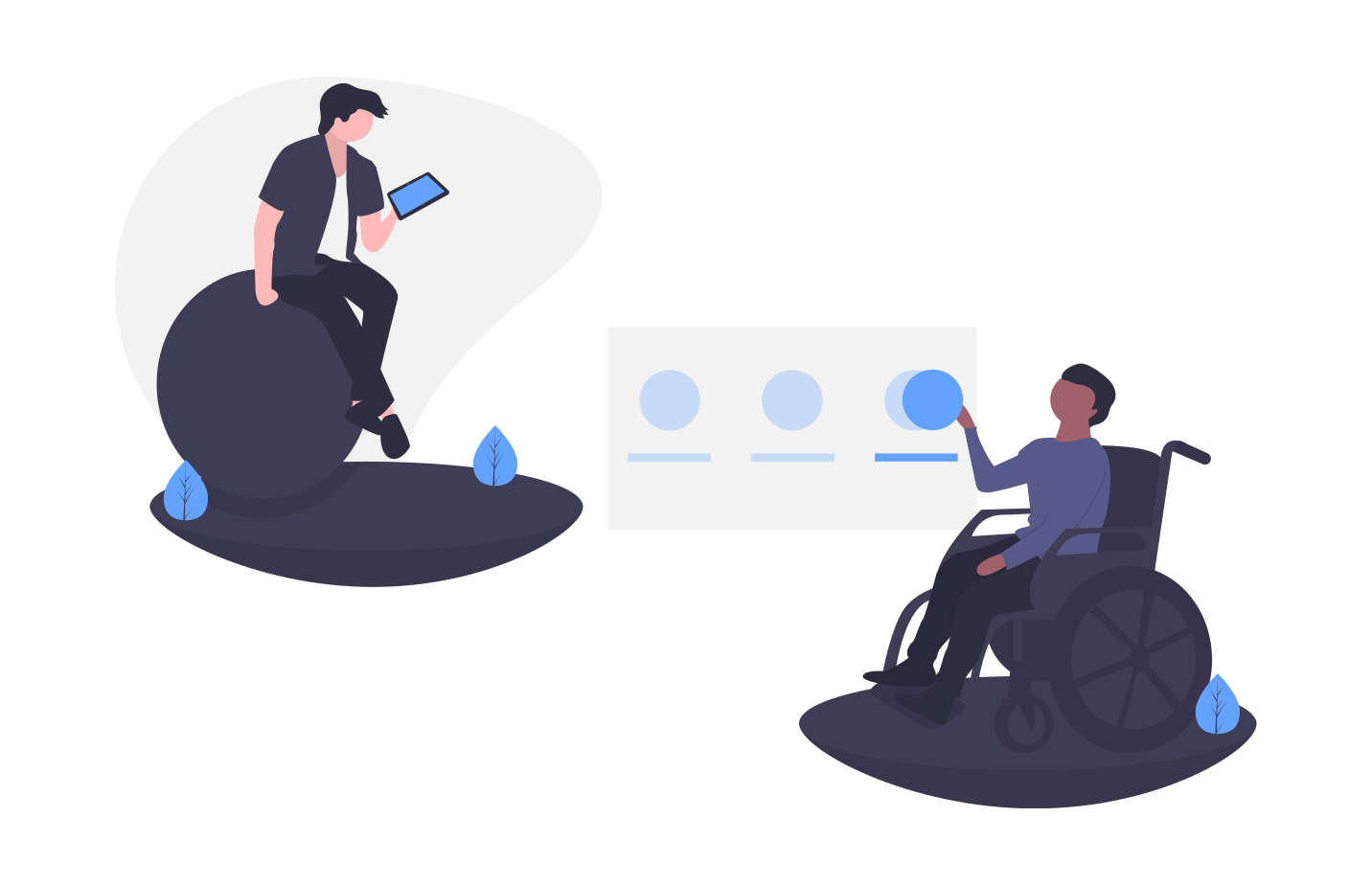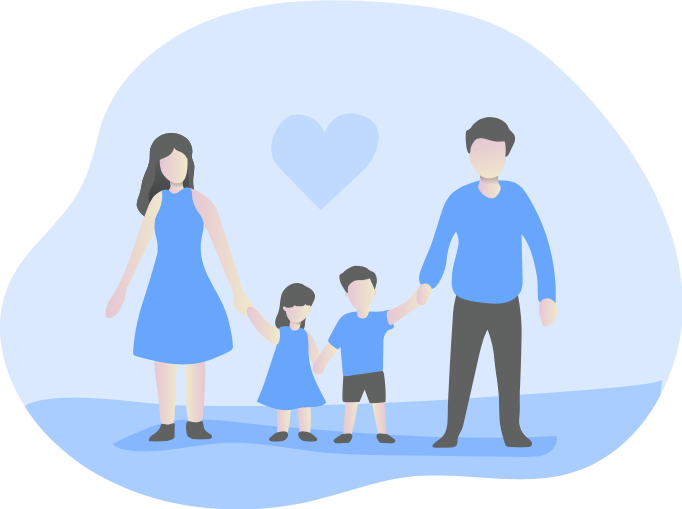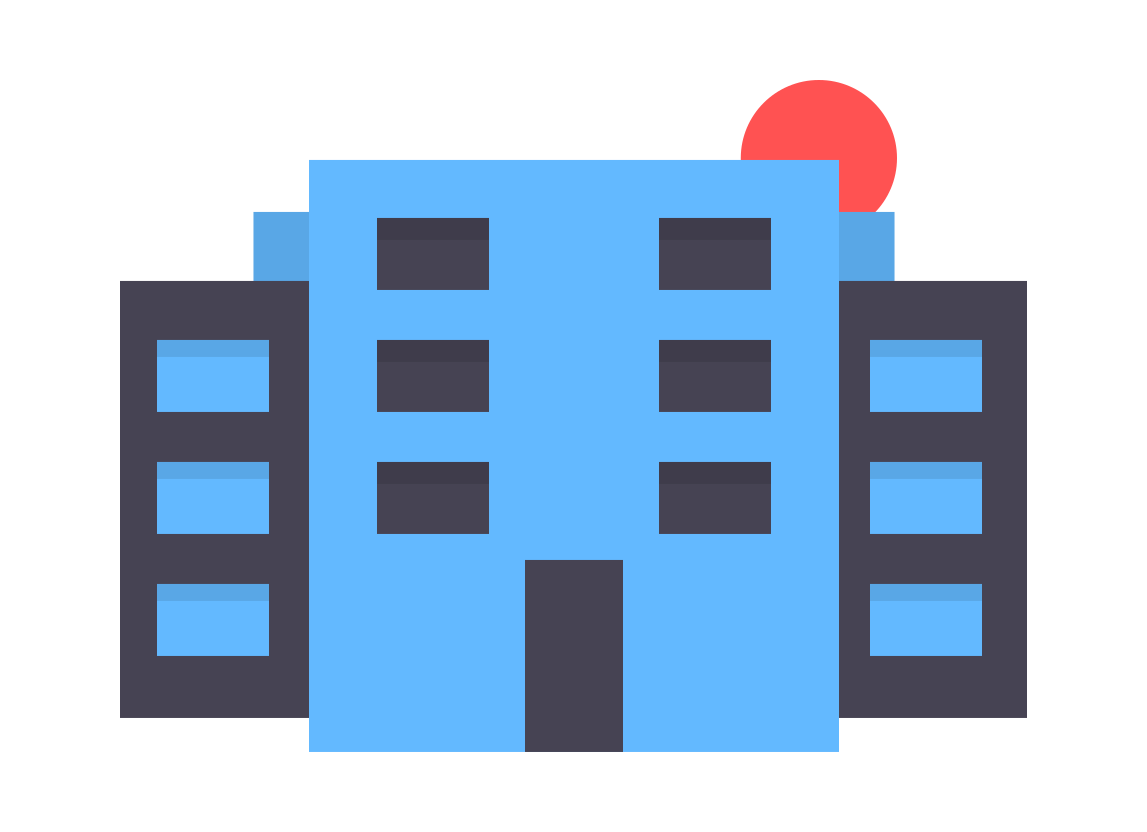Special feature at the national CSforALL Summit in October 2024 to more than hundreds of practitioners, funders, researchers, and community members

Why Make a CSforALL Commitment?
Commitments are a way to drive and measure impact. As a BPC-Alliance , CSforALL is a national network bringing together the field of CS stakeholders to amplify the progress made, announce new goals and initiatives to advance the mission, and form a shared identity around efforts in K-12 broadening participation in computing. Making a commitment is a crucial step toward a more equitable and inclusive technology landscape. This updated CSforALL Commitments guide offers practical and theoretical framing to help stakeholders formulate and execute their commitment.
Measuring Impacts
Commitments are time-bound, measurable, impactful goals to help the field of K-12 CS education drive action toward broadening participation in computing.
Benefits of Making a CSforALL Commitment
Opportunity to showcase your organization as a spotlight on our CSforALL podcast
Showcase your impact on a national BPC data visualization (scheduled to be released in 2025)
Commitment maker specific partnership brokering conversations to connect you with policy makers and potential funders surrounding your commitment
Access to virtual meetups or coffee chats with other commitment makers focused on similar goals
Engage with CSforALL twice a year and receive insights on refining your strategy and allocating resources effectively
Connect to other CS education commitment makers via CSforALL exclusive Social Media Channel (e.g. Slack)
By quantifying progress, organizations can identify successful initiatives, address disparities, and demonstrate the value of their efforts to stakeholders.
For more information see the list of FAQ’s Below:
A commitment can be made by any organization that wishes to dedicate resources to new, specific, and measurable actions with the ultimate goal of computer science access for all US students. All CSforALL stakeholders — corporations, universities & colleges, government, non-profits, and more — are invited to make CSforALL commitments.
Visit our CSforALL Commitment Wizard to build your 2024 Commitment Statement.
Raise Awareness:
A commitment to generating attention for K-12 CS initiatives. Your commitment might focus on new partnerships, digital campaigns, organized fundraising, educational events, or additional strategies.
Build Capacity:
A commitment to increasing the availability of resources to support K-12 CS education. Resources can include, but are not limited to, funding, personnel, curricular materials, and policies.
Increase Equitable Access & Outcomes:
Increase Equitable Access & Outcomes: A commitment to creating or expanding opportunities for equitable access to computer science courses, programs, and/or activities. This type of commitment differs from building capacity in its focus on addressing disparities in who receives quality CS learning experiences.
Broadening Participation in Computing (BPC):
A commitment to broadening participation of groups historically excluded from and underrepresented in K-12 CS education. This type of commitment differs from equitable access and outcomes in its focus on addressing the needs of specific groups of students.
View Downloadable PDFThe CAPE Framework (Fletcher & Warner, 2021) and the Expanded CAPE Framework (Gransbury et al., 2023) are two evidence-based theories in the CS education community. While many prioritize building capacity and access in K-12 (e.g. committing to teacher professional development and licensure, increasing the number of courses offered, and looking for opportunities to fund programming) in order to broaden participation in computing, Commitment Makers should consider examining deeper issues of inequities students face of participation and experiences at various levels. Explore insights for consideration as you form your commitment statement.
The Kapor Center (2021) Culturally Responsive-Sustaining CS Framework offers six core components of CS education classrooms and curricula which go beyond building capacity and access. Commitment makers should consider examining the components as follows: 1. The role of racism and anti-racist practices, 2. Value, encourage, and incorporate student voice, student agency, and self-determination, 3. Be authentic to students’ experiences, interests, and cultures, 4. Co-create and cultivate meaningful learning experiences for students, 5. Expose students to a wide range of CS experts, and 6. Include families and communities (including their cultures) in students' learning experiences. Explore insights for consideration as you form your commitment statement.
Need more guidance? Email: research@csforall.org
Build Capacity:
CSforALL will increase resources to support K-12 computer science education for individual schools by developing 10 culturally responsive curriculum materials and distributing it to 15 school districts by December 31 2024.
Increase Equitable Access & Outcomes:
By December 31, 2024, CSforALL, in partnership with a BPC-Alliance, will deliver at least five professional development workshops to seven distinct school districts on the needs of equitable participation of girls in CS courses.
Raise Awareness:
By the end of the academic year, CSforALL will commit to generating attention for K-12 CS initiatives by targeting service providers to establish 5 new partnerships, execute 3 digital campaigns, and host 4 educational events that promote the use of inclusive design.
Broadening Participation in Computing (BPC):
By the end of the next academic year, CSforALL will increase the number of elementary schools with inclusive and accessible CS programs by 25%, with a specific focus on serving students with disabilities in at least 10 states.
View Downloadable PDFApplications are accepted through September 26, 2024.
Stuck on your CSforALL Commitment? Get personalized advice and guidance during CSforALL office hours! Schedule a Zoom appointment with our experts via email: membership@csforall.org
COMMITMENTS FROM PREVIOUS YEARS
2023 COMMITMENTS




Explanation of Terms

Beneficiaries Helped
Beneficiaries are entities which stand to benefit from commitments made. They include any youth, teacher, school or private organization, family, out of school organizations, and others who benefit from commitments made for any given year. Others include community members, researchers, networks and other categories that do not fit into the six initial categories. Counts for beneficiaries are reported by the organization when making a commitment for that years CSforALL Summit.

Teachers/Educators
Teachers or educators include anyone who teaches children K through 12th grade Computer science subjects. They can work for public or private schools, private organizations, after school networks, etc.

Out of School Time/Informal Ed Organizations
Out of school time is any CS education which happens outside of school day education. CS can be most effectively taught for all students when they encounter learning both in school time and out of school time. In fact, CS is already happening in OST but is often called something else: i.e. Robotics, Girls who Code, Minecraft, Scratch, Makerspaces, Fab Labs, and digital storytelling. OST providers create opportunities for interest driven real-world learning, problem-solving, creativity, experimentation, and flexibility to nurture the passion for and interest in computer science in our youth.

Organizations Committed
Organizations committed describes the organizations which have committed to make a commitment Summit. Making a commitment gives organizations an opportunity to announce a new effort on a national stage which can be leveraged to bring new partners to the table, increase impact, and grow the footprint of engaged stakeholders.

Students/ Youth
Students and youth include any person in grades K-12. Computer science is a fun way to create games, apps, animations, art, or stories using computers. Students learn in schools, outside the classroom, in community groups and more.

School Districts
School districts are the unit of change toward creating rigorous, inclusive and sustainable K-12 computer science education. The CSforALL community works closely with schools and districts to provide curriculum, professional development, best practices, and research to support CS implementation at the K-12 level.

National
Some commitments are made by organizations with a National scale. The button labeled National represents the commitments falling under this category. It does not represent a total sum of the commitments.

Families
Families represent the support system behind each student. Parents or guardians and siblings all come together to help a student learn. Families served means events are directed at family units, not just students.

Individual Schools
When schools are being helped on a individual basis, we count them as single schools

Other
Other includes all other categories and groups served through commitments. These usually include groups such as community members: those who aren't teachers or students, researchers and networks.









